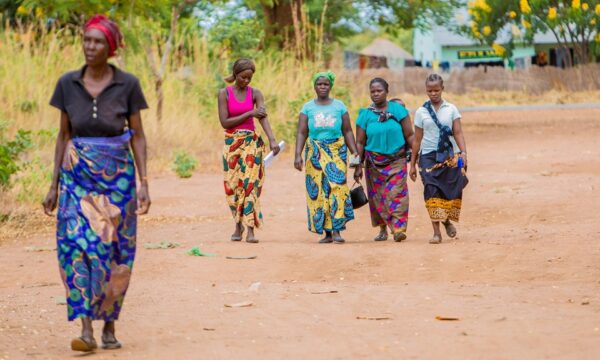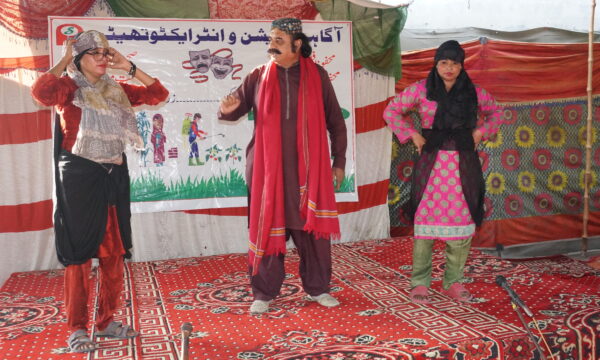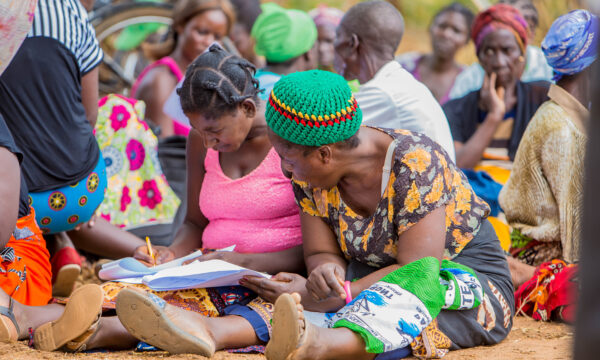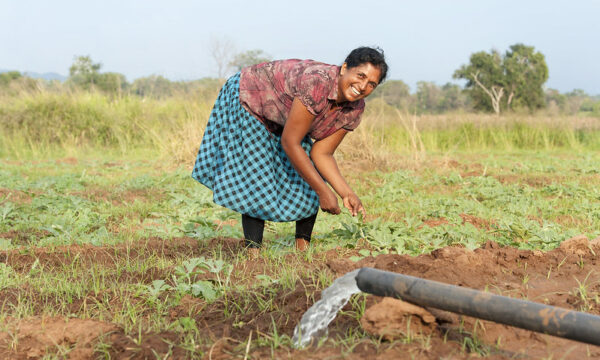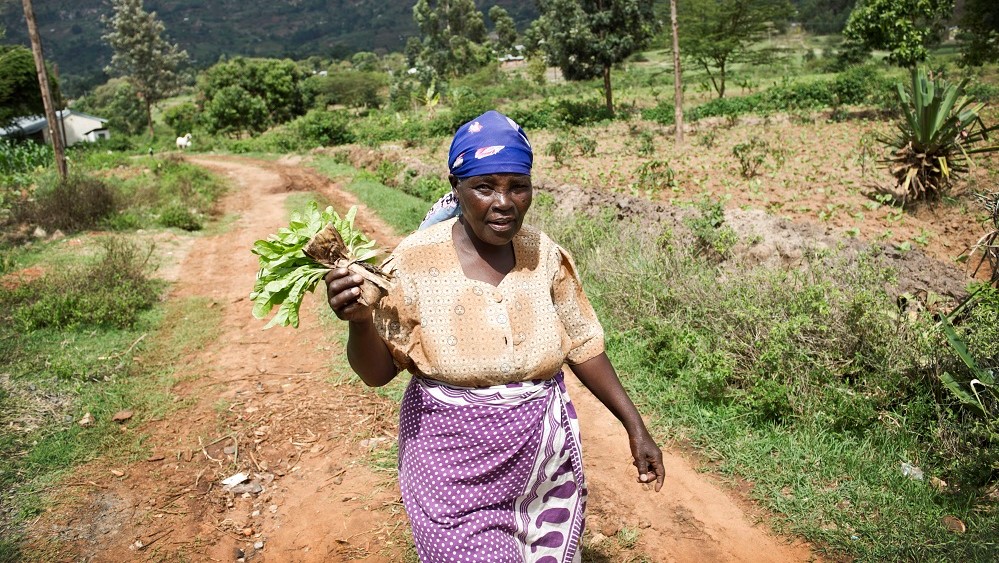
Gender-based social norms are major barriers to women accessing agricultural extension advice and adopting new practices. Although women make up 43% of the global agricultural labour force, just how gender-equitable are extension services like Plantwise?
Using desk reviews and key informant interviews, a recent CABI study looked at gender integration in the Plantwise programme and how the different measures taken by five countries (Afghanistan, Bolivia, Ghana, India, and Uganda) helped to improve women’s participation. Plus the overall barriers women faced in participating and benefitting from the programme’s interventions.
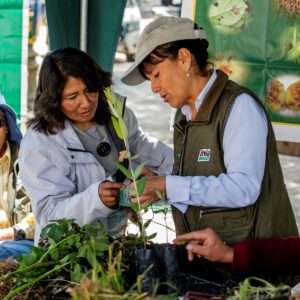
The study found that innovations and adaptations within these five countries did increase women’s participation and benefit from Plantwise. However overall, efforts to mainstream gender across all countries within the programme were inconsistent. As a result, there were limitations in ensuring equal services for men and women.
After seeing the limited participation from women in the programme’s early stages, some countries took measures to tackle the problem. In order to facilitate gender integration, it was also important to identify why women weren’t attending clinics.
Female plant doctors
Firstly, a lack of women plant doctors. Where there were female plant doctors, the attendance of women farmers at plant clinics increased. However, the number of women working as agriculture extension agents is limited because the working conditions are not conducive for women, particularly around childcare and family commitments. Even when equal numbers of men and women take the plant doctor training, there is a higher drop out of female plant doctors. Without an embedded gender sensitive culture, the organizations providing extensions services don’t offer an enabling environment for women extension agents.
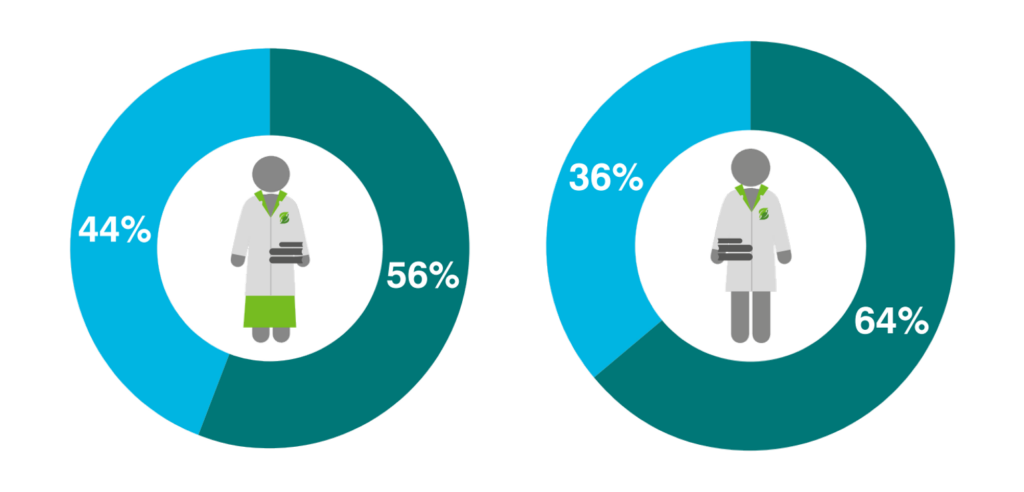
Ensuring access for women
In Afghanistan and parts of Ghana, introducing women-only clinics worked around the restrictive social norms that prevent women from mixing with men outside their household. In India, women-only plant clinic sessions focused on the crops grown by them.
As well as this, the suitability of time and location of clinics is essential for women; taking into account such things as their family care responsibilities and transport constraints. In Bolivia, plant clinics were arranged at time that didn’t conflict with the agricultural activities specifically undertaken by women. In Uganda and Ghana, setting up mobile plant clinics closer to communities meant women did not have to travel as far for plant health advice.
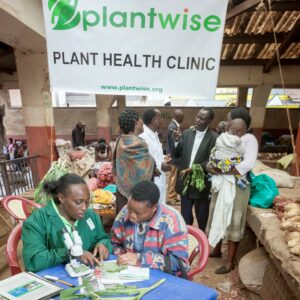
Reaching women
Mainstream agricultural communication channels do not always reach women. Therefore, countries found new ways of targeting female farmers through more accessible channels like women’s groups or places of worship. In Bolivia, Plantwise worked with and trained women lead farmers to act as community promotors.
And representation matters. Videos showing women participating in plant health activities were key in encouraging more women to attend plant clinic services by creating visible role models. Women farmers could also attend sessions where successful women farmers shared their stories. In India, voice SMS messages and short video screenings of women farmers giving testimonies were developed.
Future steps
Although these strategies were not in the original Plantwise programme design, they are nevertheless important innovations that were adopted during implementation, based on lessons learnt. They removed some of the barriers to women’s access to plant clinics thereby increasing their benefit from agricultural advisory services.
The CABI study brief lists a set of recommendations building on these innovations such as carrying out a gender analysis at the start of any project or programme. This will help to ensure interventions to mainstream gender, providing equal benefits to both women and men.
Read in full: Gender integration in the Plantwise programme: an assessment by Bethel Terefe & Frances Williams
Break the Bias
Listen to a special episode of the CABI Podcast for International Women’s Day. We spoke to a panel of experts on the role biases and misconceptions play in preventing women farmers’ access to agricultural advisory services in different regions and cultural contexts around the world.
PlantwisePlus
CABI’s new PlantwisePlus programme aims to improve women’s access to agricultural advisory services.
Find out more at plantwise.org
CABI gratefully acknowledges the financial support of the Directorate General for International Cooperation (DGIS, Netherlands), the European Commission Directorate General for International Partnerships (INTPA, EU), the UK Foreign, Commonwealth & Development Office (FCDO), the Swiss Agency for Development and Cooperation (SDC), for the PlantwisePlus programme.
Related News & Blogs
How does crop rotation help keep pest populations in control?
Crop rotation is a simple, effective way to manage pests, improve soil health, and boost yields. Suitable for all growers, crop rotation supports sustainable agriculture and reduces the need for chemical inputs. By targeting pest lifecycles and reducin…
6 June 2025

